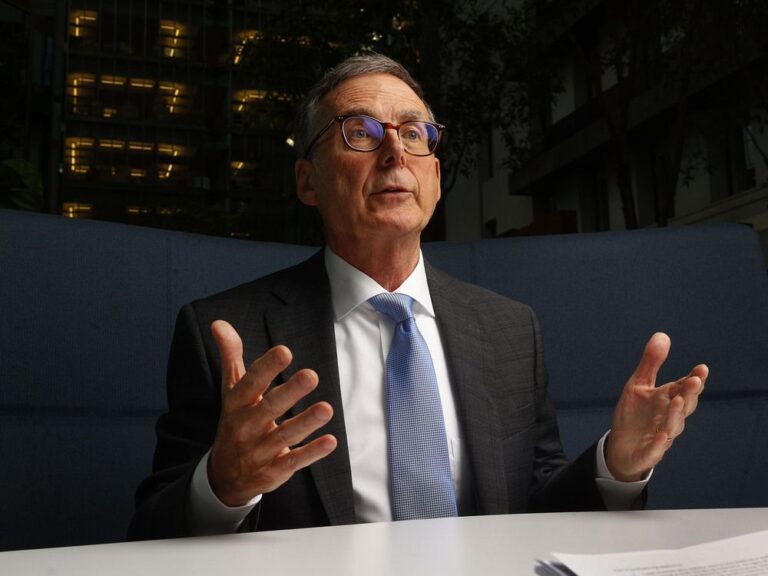Introduction
Christine Lagarde, a prominent figure in international finance, has played a crucial role in shaping economic policies at a global level. As the first woman to hold the position of President of the European Central Bank (ECB), her influence is felt across Europe and beyond. Understanding her contributions provides insight into contemporary monetary policy challenges and the future of economic governance amid changing global dynamics.
Current Role and Impact
Assuming her role as President of the ECB in November 2019, Lagarde took over at a time of significant economic uncertainty, exacerbated by the COVID-19 pandemic. Her tenure has been marked by efforts to address the economic fallout due to the pandemic, focusing on maintaining financial stability in the Eurozone. Under her leadership, the ECB has introduced various stimulus measures, including asset purchase programs, to support struggling economies. These actions have aimed to promote lending, boost investment, and combat deflationary pressures.
Achievements and Policies
Lagarde’s advocacy for inclusive economic growth and sustainable development reflects her commitment to addressing broader global challenges. She has emphasized the importance of climate change considerations in financial decision-making, indicating a shift in central banking towards a more sustainable future. In recent reports, Lagarde has highlighted the ECB’s role in integrating climate risk into financial stability assessments, showcasing her forward-thinking approach.
Looking Ahead
As the global economy continues to navigate uncertainties, including inflationary pressures and geopolitical tensions, Christine Lagarde’s leadership will be critical. Analysts are closely monitoring how she will steer the ECB’s monetary policy in response to these challenges. Her focus on digital currencies may also shape the future financial landscape, with discussions about the potential for a digital euro gaining momentum.
Conclusion
Christine Lagarde’s influence in global finance underscores the critical intersection of leadership, policy, and economic stability. As she continues to navigate the Eurozone through these turbulent times, her emphasis on innovation and sustainability could redefine traditional economic paradigms. For readers interested in finance and policy, Lagarde’s ongoing developments provide a vital lens through which to understand the evolving landscape of global economics.






